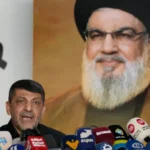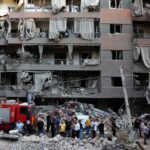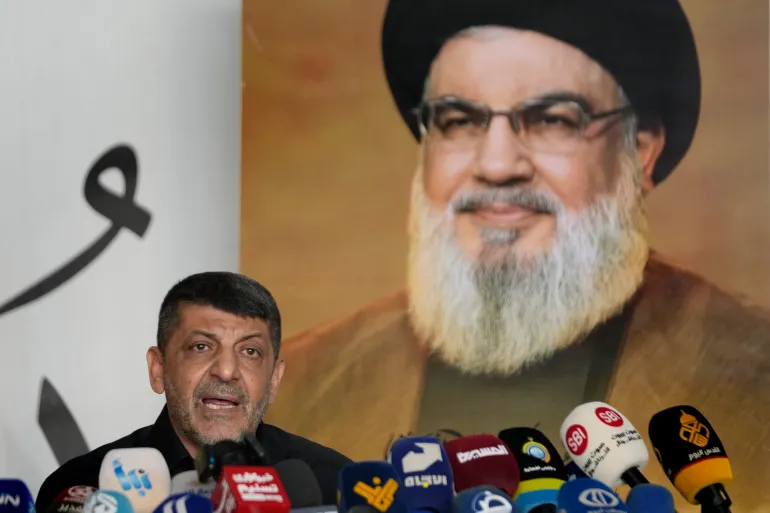A Strategic Strike Amid Rising Tensions
Hezbollah’s media relations chief, Mohammad Afif, was killed on November 17, 2024, in an Israeli airstrike targeting Beirut’s Ras al-Nabaa district. This marks a significant escalation in Israel’s ongoing campaign against the Lebanese militant group, which has intensified amidst broader Middle Eastern conflict.
Who Was Mohammad Afif?
Afif was a prominent Hezbollah figure, as he was the mouthpiece who usually ventured out into the public to represent the organisation’s storylines during moments of crisis. He played a role in the fabricating of Hezbollah’s public image and clarity on its policies. In this perspective, his death is a heavy blow for Hezbollah’s communication machinery.
Air Strike Highlights
The airstrike targeted a building in central Beirut, reportedly housing offices associated with Hezbollah. Others involved in the attack were reported to be at least three injured. Analysts say this marks a change in Israeli military strategy in its attack, which is no longer targeting only the military leaders but also targeting other political and media leaders in the group. The attack did not give advance evacuation warnings, bringing further reproof to Lebanese authorities.(More)
More Background of Conflict
A combination of expanded operations by Israel against Lebanon, given the cross-border tensions and Hezbollah’s siding with Palestinian factions in Gaza, the strike on Beirut will only continue adding to the substantiated casualties and displacement in Lebanon as well, making regional instability worse. Despite international pressure for the de-escalation of hostilities, both parties have continued their military campaigns.
Conclusion: Implications of the Attack
The killing of Mohammad Afif mainly underlines the deepening crisis in the region and places a targeted Israeli strategy against Hezbollah and possible massive humanitarian and political consequences once the conflict develops further.















